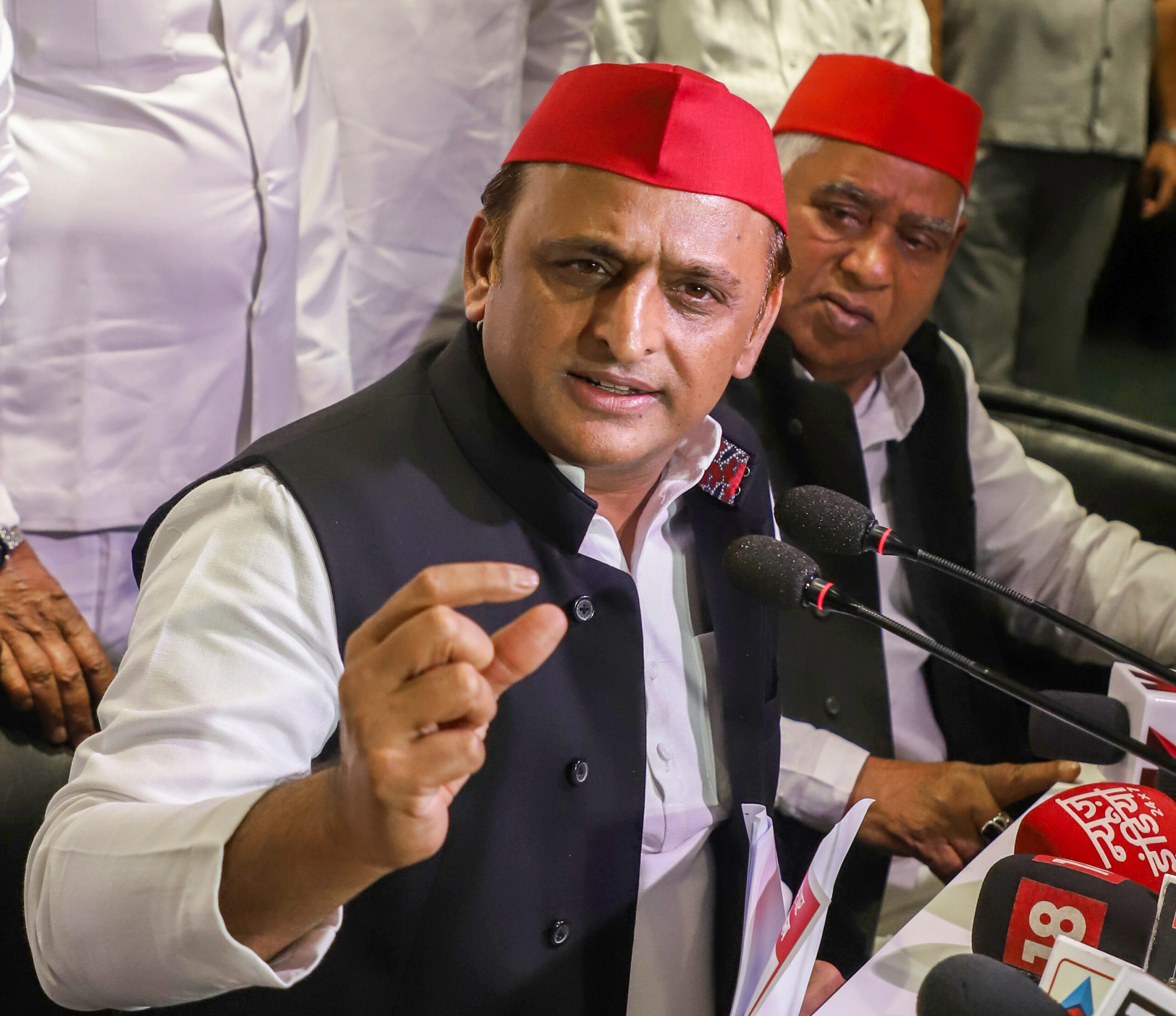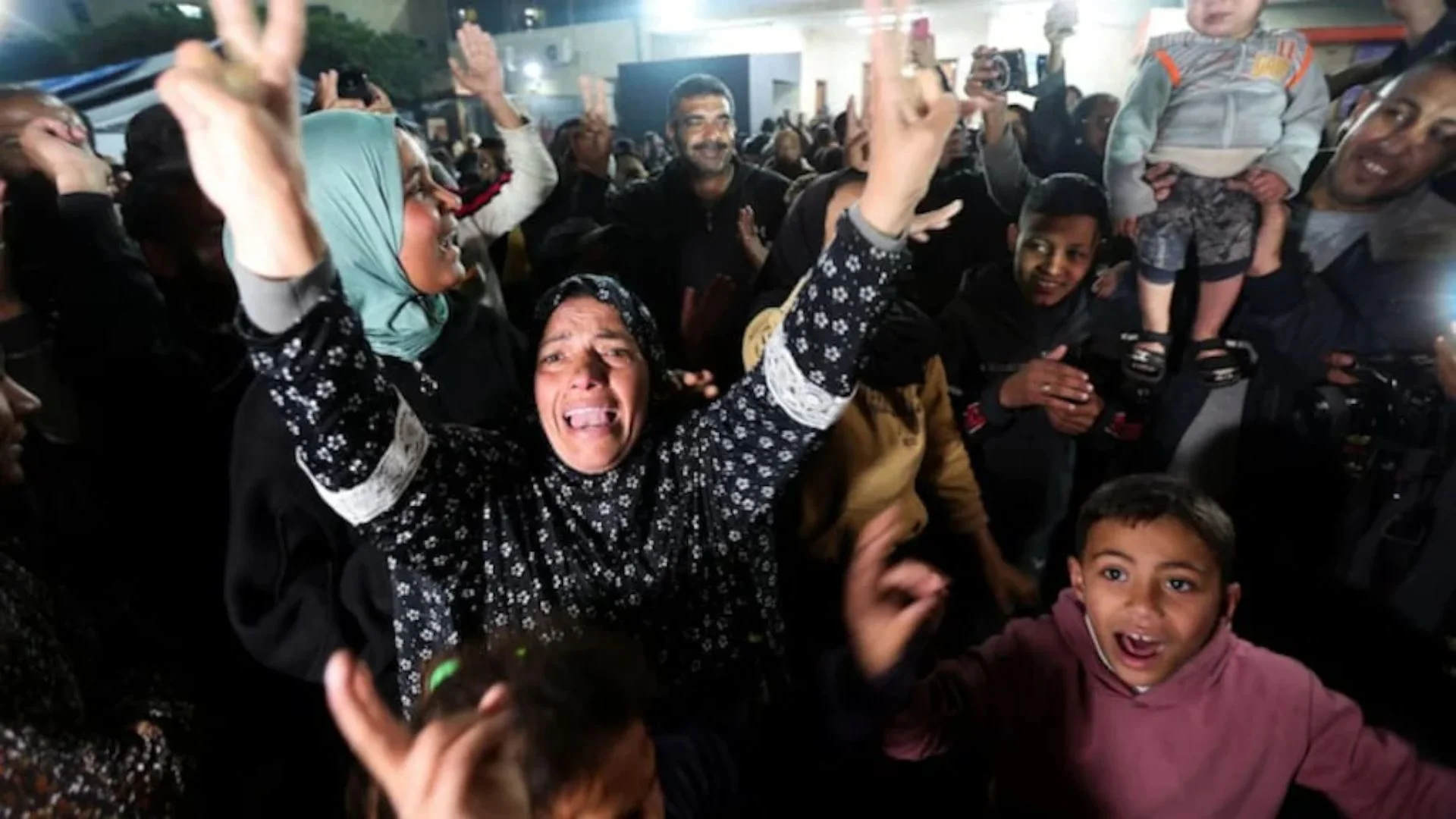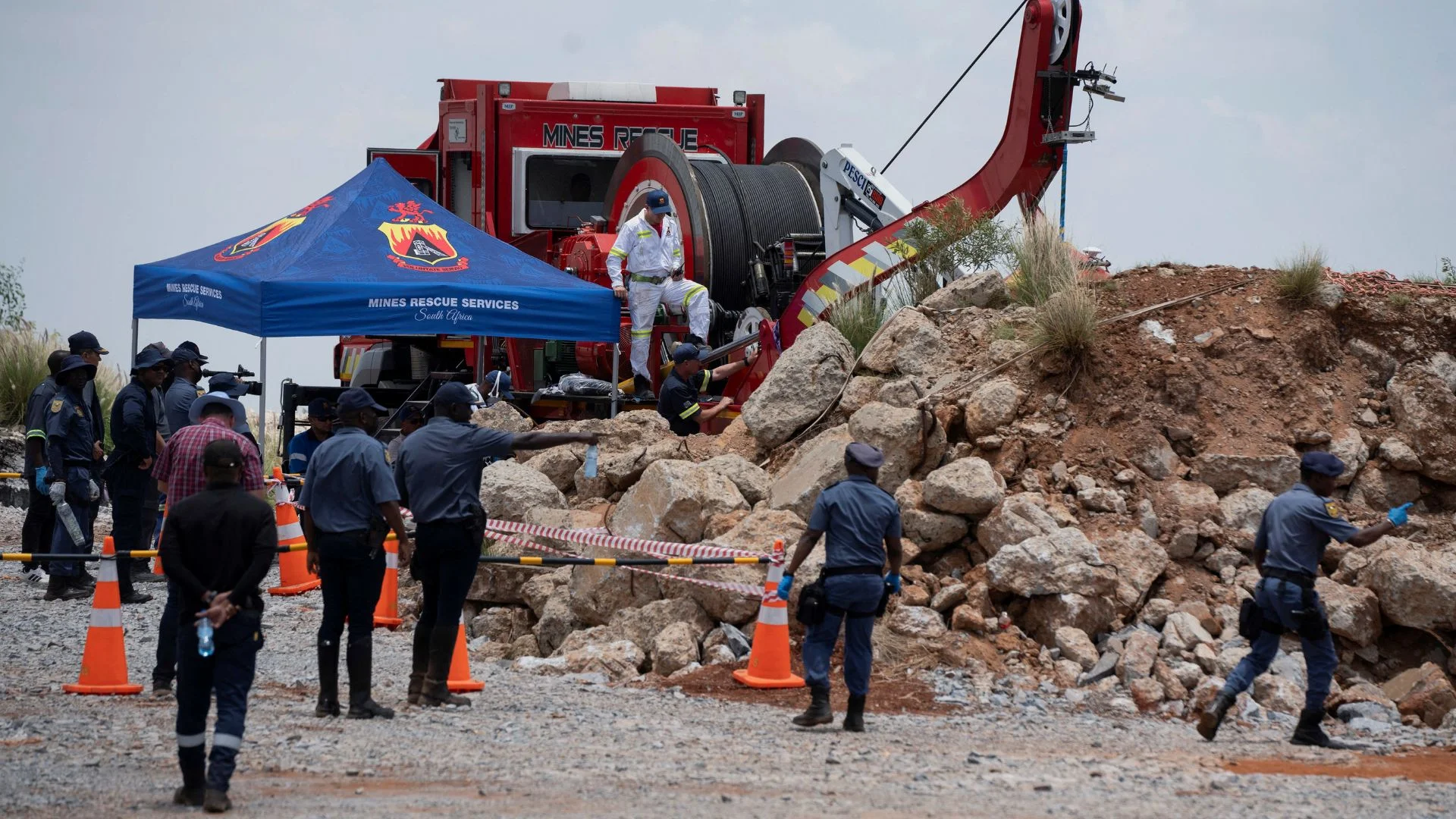As the Lok Sabha elections draw closer, Uttar Pradesh is witnessing a renewed political dynamic among its Muslim voters. The BJP’s proactive efforts to court the support of this crucial voter base have added a fresh intensity to the electoral landscape. Traditionally, the division of Muslim votes has been a defining element, with parties like SP, BSP, and Congress vying for their allegiance. Notably, the Samajwadi Party had historically enjoyed significant backing from this demographic.
However, with the BJP now making ambitious inroads into even the marginalized Muslim community, the Samajwadi Party has orchestrated a targeted response. This crucial issue was extensively deliberated during a recent gathering of the Samajwadi Party’s minority wing. In a direct counter to BJP’s initiatives aimed at engaging marginalized Muslim voters, the Samajwadi Party has meticulously devised a comprehensive counter-strategy.
Notably, the BJP is meticulously crafting a distinctive strategy for the upcoming 2024 Lok Sabha elections. Speculation is rife that, in contrast to previous years, the BJP might field a notably higher number of Muslim candidates in this electoral cycle. Reliable sources indicate that the party has identified 66 constituencies across the nation with substantial Muslim populations, thus providing them a potential foothold.
This mosaic comprises 13 constituencies each from Uttar Pradesh and West Bengal, 6 each from Kerala and Assam, 5 from Jammu and Kashmir, 4 from Bihar, 3 from Madhya Pradesh, 2 each from Telangana and Haryana, and 1 each from Delhi, Goa, Maharashtra, and Lakshadweep. The party is meticulously tailoring bespoke strategies for these marked constituencies.
Deep within these designated electoral battlegrounds, the BJP has unveiled a tailored plan to engage with the marginalized Muslim community in Uttar Pradesh. Despite Muslims constituting approximately 20% of the state’s population, the BJP-led coalition’s resounding victory in 2014 secured 73 out of 80 seats. Notably, this triumph did not yield any elected Muslim representatives. This trend persisted in the 2019 elections, with the BJP failing to secure any Muslim MPs.
Against this backdrop, the BJP is now vigorously striving to assimilate Muslims into its fold. In direct response, the Samajwadi Party has taken an unequivocal stance. In a recent assembly of the minority wing, the party crystallized a distinct program. Under this strategic blueprint, key Samajwadi Party leaders will embark on an outreach program within the Muslim community. Their mission: to engage with the people, dispel BJP’s initiatives as conspiracies, and explain their own policies.
The political alertness of Akhilesh Yadav is palpable, especially as the BJP awarded tickets to 395 Muslim candidates in local urban body elections. From this pool, 61 emerged victorious, including five who were elected as heads of urban panchayats. This is indicative of the BJP’s growing influence within the Muslim community of the state. As the BJP establishes a presence even within the marginalized Muslim stratum, it poses a formidable challenge to the Samajwadi Party.
This situation is particularly delicate given that 75-80% of the state’s Muslim population falls within the marginalized category. Should this segment distance itself from the Samajwadi Party, the repercussions on the party’s political standing could be substantial. In a proactive measure, the Samajwadi Party is now primed to initiate grassroots programs. The results of these initiatives will indubitably shape their impact on the forthcoming Lok Sabha elections.

















